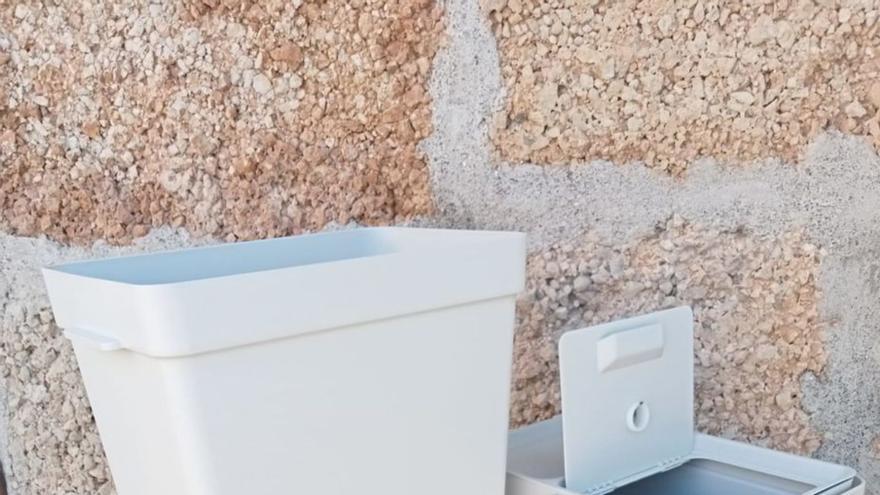
The San Miguel de Abona City Council will launch a domestic vermicomposting project with which it intends to provide training and distribute composters and vermicomposters, completely free of charge, among families and communities and neighborhood associations that request it. With this, they will be able to manage the food scraps generated in the homes, which normally end up in the landfill, and convert them into compost or worm humus, a type of natural fertilizer for the earth and soil, highly valued for its fertilizing characteristics, nutrients and environmental values.
The Councilor for Public Service, Julián Martín, indicates that, “with this new initiative, it seeks to make the population aware of the importance of managing organic waste to value it and obtain a quality natural fertilizer.”
Participants will be provided with composters, buckets, aerators, rakes, coconut fiber bricks and red worms, as well as training, advice, technical assistance, process monitoring and sample analysis by environmental technicians and vermiculturists. Places are limited and you must register by calling 922700000, extensions 1248 and 1273.
From the Consistory of San Miguel, all residents are encouraged to participate in this project, “improving the environment together and thus favoring a more sustainable development.”
Around 60% of the waste generated at home is food or vegetable scraps (from pruning and gardening), an organic matter that, through home composting, can be recycled at home with minimal effort and time. , providing numerous environmental, social and economic benefits.
Worm humus is a product obtained through a technique called vermicomposting, which consists of a process of biooxidation and stabilization of organic matter through job of earthworms and microorganisms. In addition to its environmental benefits, the product obtained is an excellent quality natural fertilizer with properties that improve the soil and avoid the purchase and use of other chemical products.
In a composter you can put leftover fruit and vegetables, meat, fish, bread, legumes, cereals, eggs, mollusc shells, nuts, coffee grounds and infusions, cloths and undyed kitchen paper. Also leaves, flowers, roots, grass and straw, crushed pruning remains, ash and wood sawn without additives.















